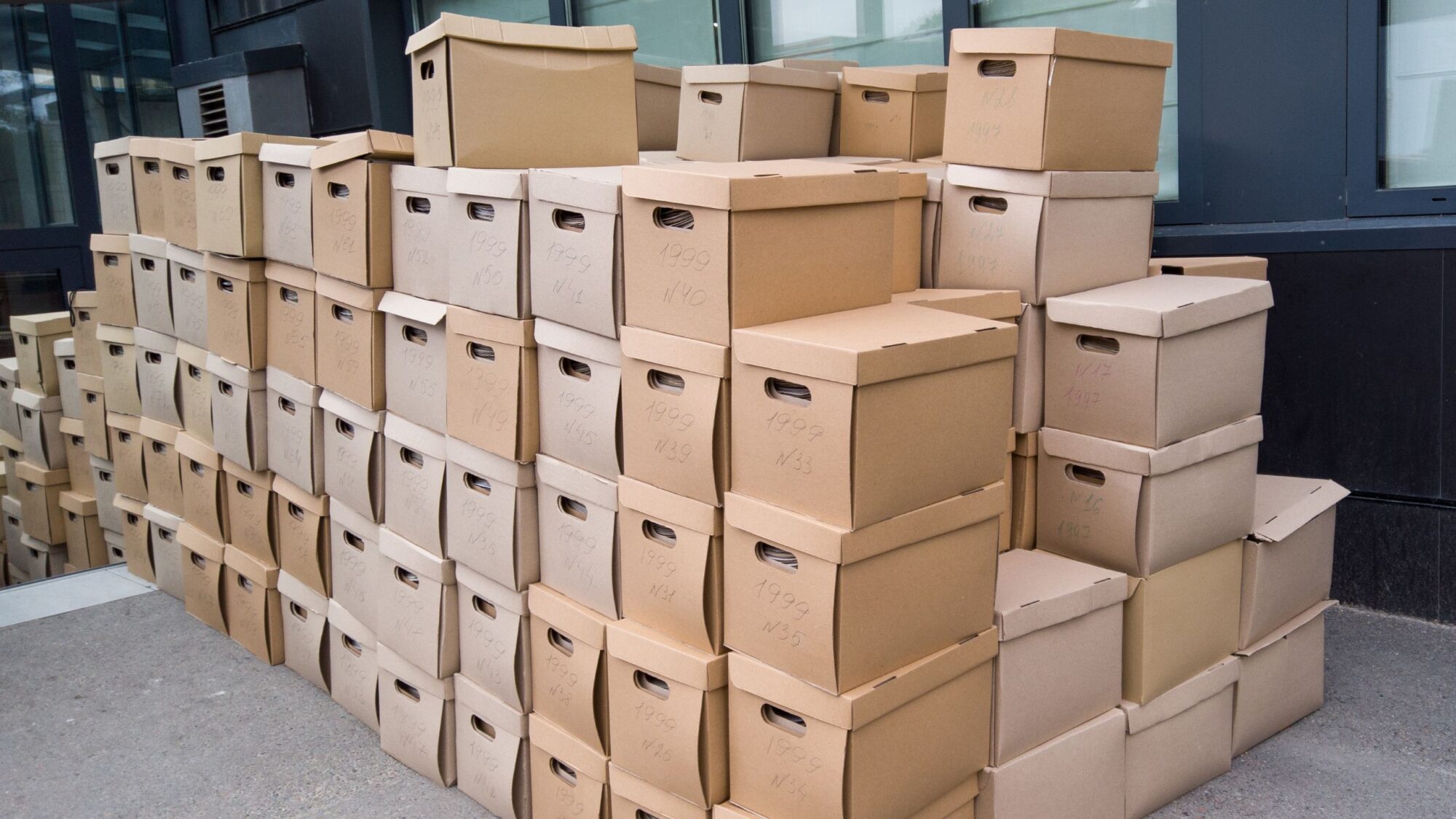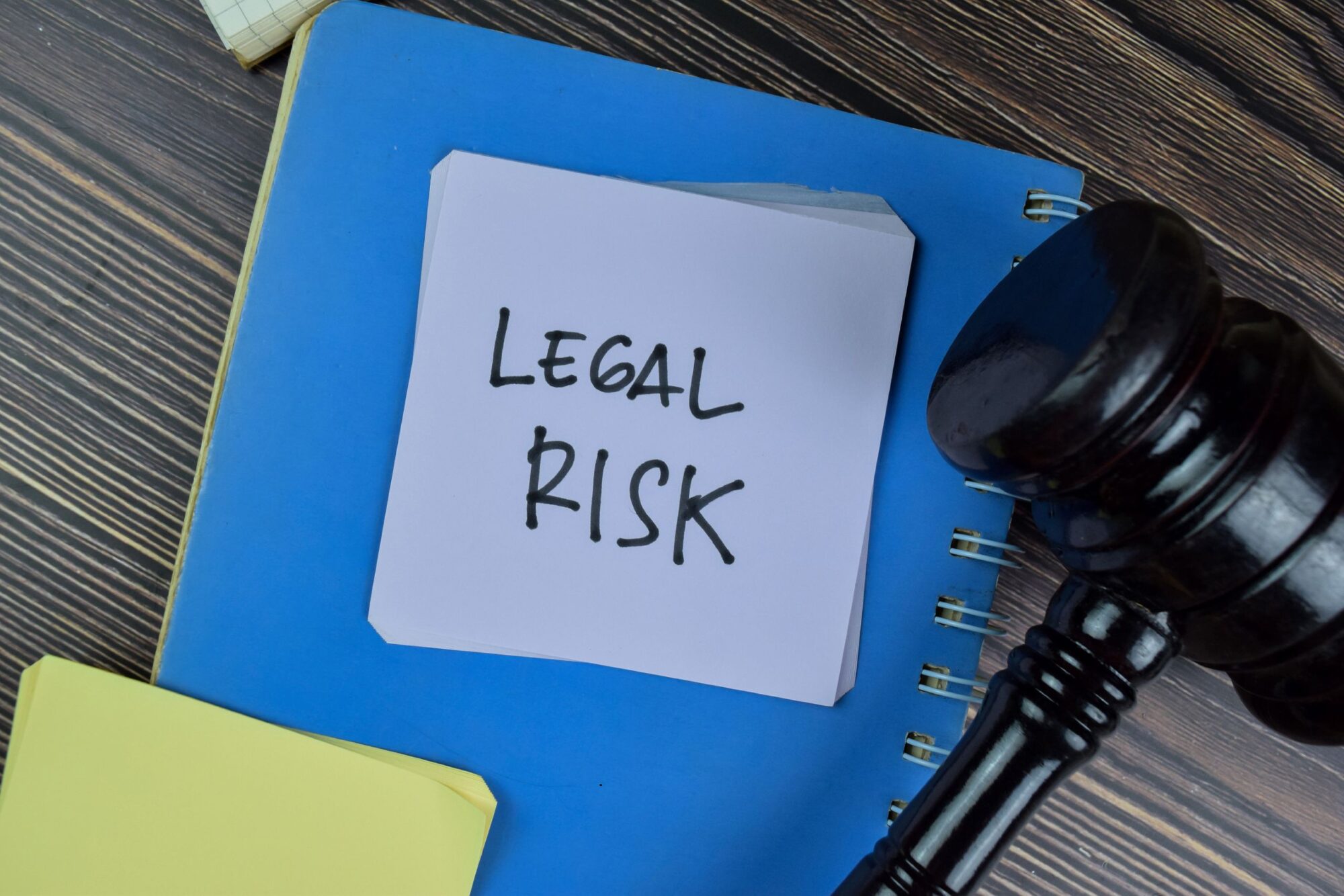When an educational institution announces its closure, it can stir up a great deal of emotion. For many, school is the place where they learned, changed, and were inspired by the transfer of knowledge and experience through the nurturing of teachers and professors.
Educational institutions and all that went on inside their walls often form a foundational part of our lives. While the official institution may close, the memories endure. In addition, student and other historical records must be preserved. Memory retention happens naturally, but record retention is required by law. Here’s why custodial records storage for shuttered educational institutions is important.
Leading the Closure
If you are responsible for overseeing the closure of a school, take pride in the impact the institution made during its lifetime. Now, you have the crucial responsibility of ensuring that the legacy of student and historical records is properly maintained and accessible.
Steps to a Successful School Closure
1. Notify the Bureau or Board:
Announce the intended closure well in advance, including the date and reason for closure and the last day of instruction, along with a list of enrolled students.
2. Teach-Out or Transfer Students:
Develop a plan for students to complete their current year and achieve their degree or certificate.
3. Refund to Students:
Arrange refunds for students who have paid tuition but will not be able to complete their education due to the closure.
4. Custodian of Records:
Schools must ensure the protection and transfer of student records. Compliance with state and federal privacy laws, including the Family Educational Rights and Privacy Act (FERPA), is essential. Records that are not transferred to another institution must be maintained by a records custodian. Each state has unique retention periods, typically ranging from 5-7 years, though some states may require permanent retention.
5. Notify All Stakeholders:
Inform students, parents, and staff about the school’s closure and any relevant procedures, including tuition repayment if applicable.
Finding a Records Custodian
1. Abide by the Law:
Independent or private schools not under the direction of a school board must find a records custodian. Adhere to state and federal laws for educational institutions, including FERPA. Consult your attorney for expertise, and ensure all participants, such as employees and students, are notified about their education process and record handling. Student records are confidential and must be protected until they are securely transferred to a records custodian.
2. Seek Professional Help:
Managing institutional records on your own is risky and overwhelming. Find a reputable custodial records storage company that:
- Specializes in storing and maintaining records of closed institutions.
- Provides required protection and chain of custody.
- Securely transports documents to their storage facility.
- Complies with all state and federal privacy laws.
Cariend is a dedicated records custodian with extensive experience and knowledge in handling records for shuttered educational institutions. We ensure compliance with all state and federal privacy laws, whether your records are in physical or digital form. Regardless of whether your school is beginning the closure process, or if it is already underway, let us help you make a successful transition. Contact us at 855-516-0612 or complete the form on this page.










